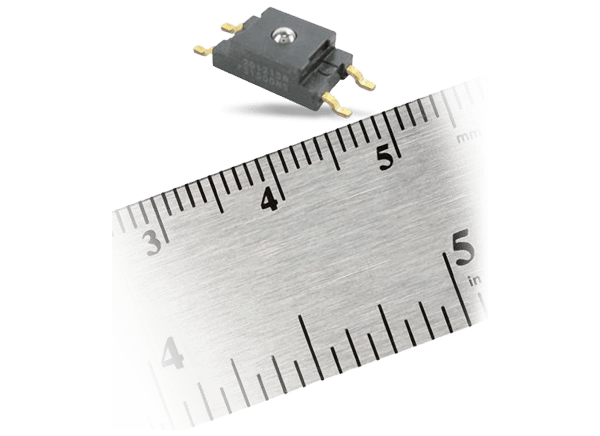Force sensors are powerful tools that enable the measurement and analysis of forces in various applications. These sensors play a crucial role in fields such as engineering, physics, biomechanics and robotics. In this article, we will explore the concept of force sensors, their working principles and various application areas.
Understanding Force Sensors
Force sensors, also known as load cells, are devices designed to measure the force applied to them. They convert mechanical force into an electrical signal that can be measured and analyzed. Force sensors use different technologies, including strain gauges, piezoelectric crystals and capacitive elements, to accurately detect and measure forces.
Working Principles
Force sensors work according to the principle of deformation. When a force is applied to the sensor, it undergoes a physical change, such as stretching or compression. This change is then converted into an electrical signal proportional to the applied force. The sensitivity and accuracy of the sensor depends on the specific technology used and the design of the sensor.
Applications of Force Sensors
Industrial Automation: Force sensors are widely used in industrial automation for quality control, assembly line monitoring and robotic applications. They enable precise force application, detect anomalies and provide feedback for process optimization.
Biomechanics and Sports Science: Force sensors are used in biomechanics research to measure the forces exerted by muscles, joints and external objects. They help analyze human movement, evaluate athletic performance and design ergonomic equipment.
Medical and Rehabilitation: Force sensors play a vital role in medical applications such as prosthetics, orthotics and rehabilitation devices. They enable the measurement of forces exerted by patients during therapy, helping to develop personalized treatment plans.
Aerospace and Automotive: Force sensors are used in the aerospace and automotive industries for structural testing, crash testing and vehicle dynamics analysis. They provide valuable data on the forces to which components and systems are subjected under various conditions.
Robotics and Human-Machine Interaction: Force sensors are crucial in robotics for force control, object manipulation and collaborative robotics. They enable robots to safely and accurately interact with the environment and humans.
Material Testing: Force sensors are used in materials testing to measure the strength, flexibility and durability of materials. They help to determine material properties, assess product quality and ensure compliance with industry standards.
Research and Development: Force sensors are widely used in scientific research and development in various disciplines. They provide precise force measurement in experiments, helping researchers understand fundamental principles and develop innovative solutions.
You May Be Interested Liquid Level Sensor
Advantages of Force Sensors
High accuracy and precision: Force sensors measure forces with high precision, enabling detailed analysis and optimization.
Wide dynamic range: Force sensors can measure forces ranging from a few grams to several tons, making them suitable for a variety of applications.
Real-time data collection: Force sensors provide real-time data, allowing instant feedback and control adjustments.
Non-intrusive measurement: Force sensors can be integrated into systems without significantly changing their behavior or performance.
Compact and versatile: Force sensors come in a variety of sizes and form factors, making them adaptable to different environments and applications.

